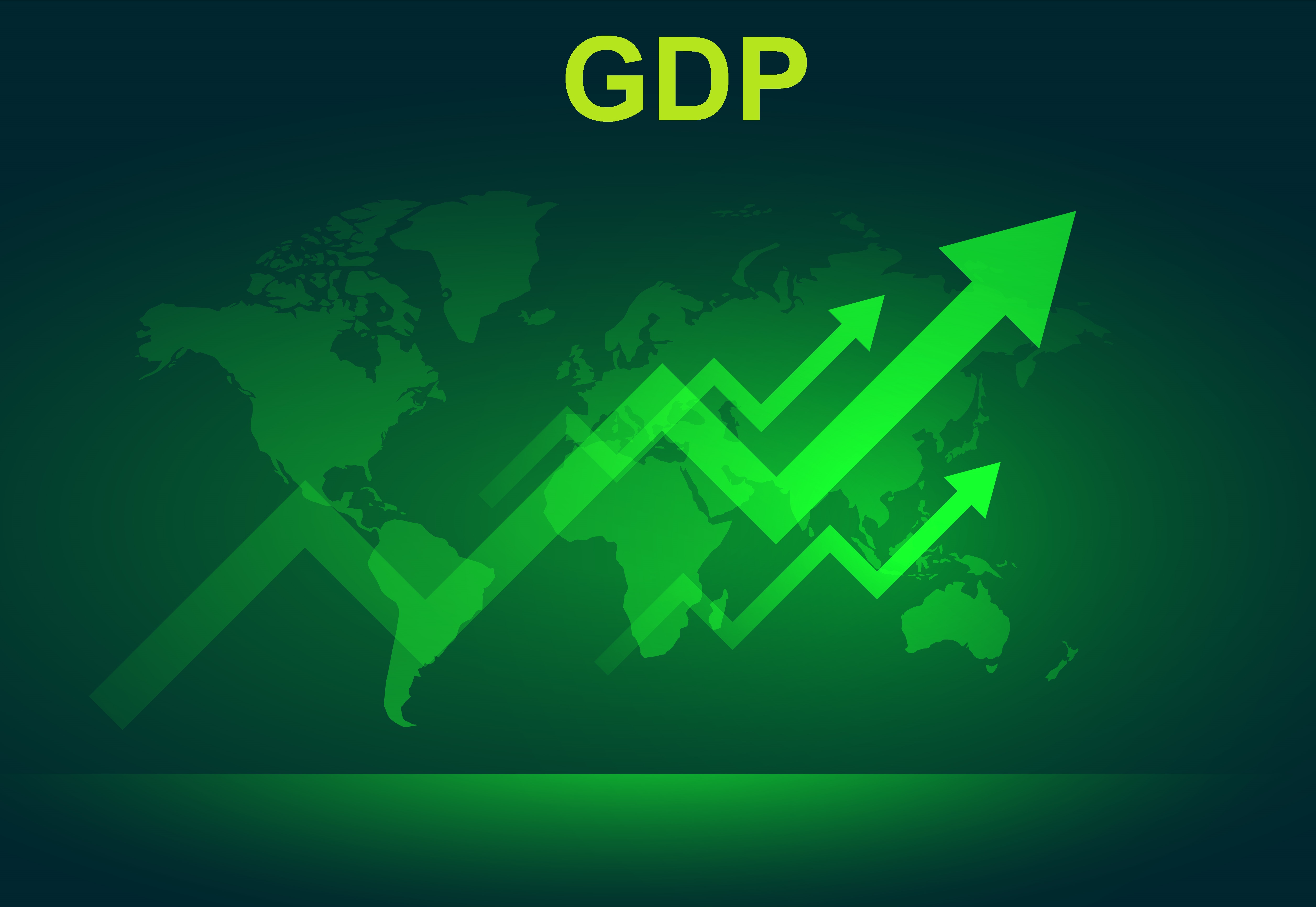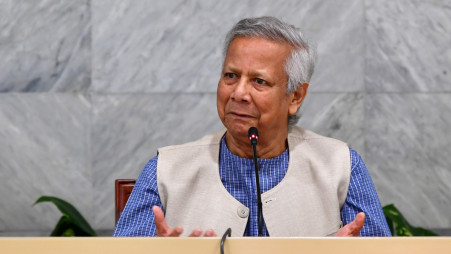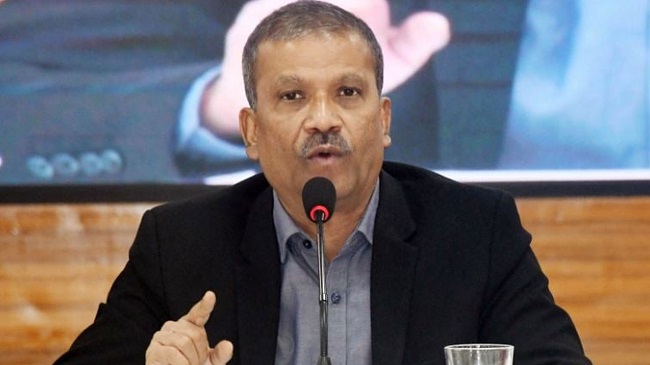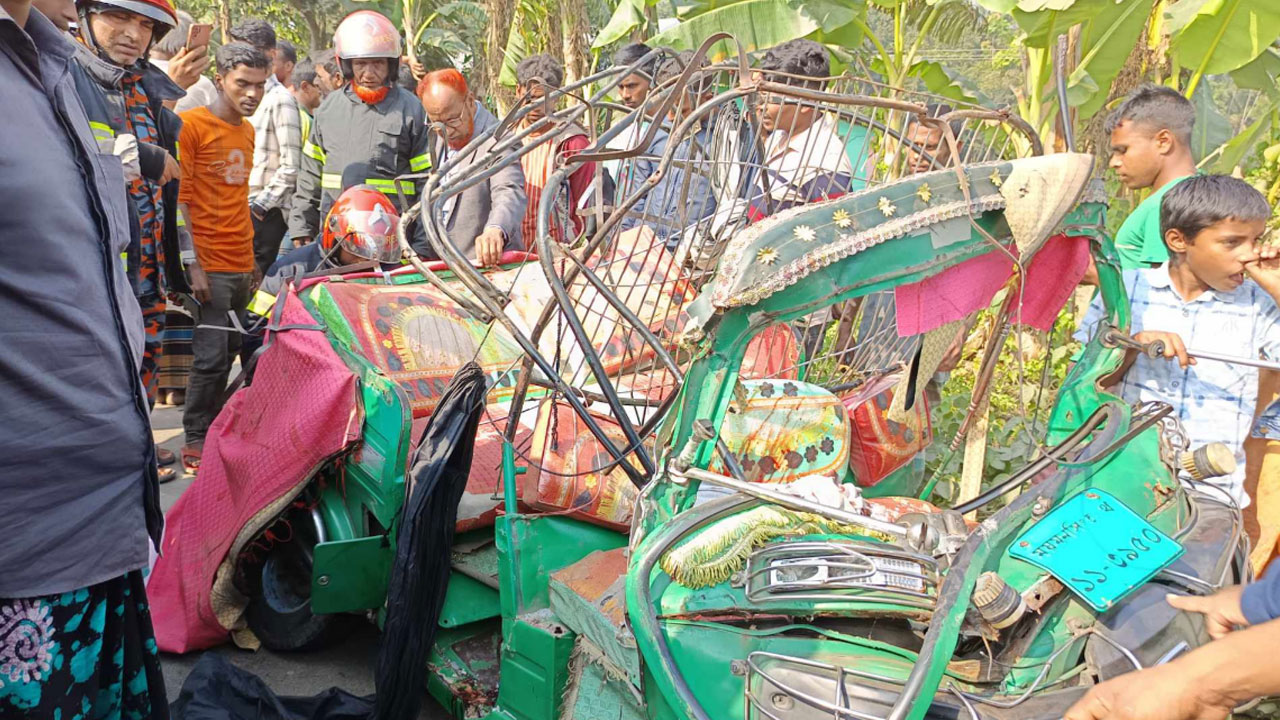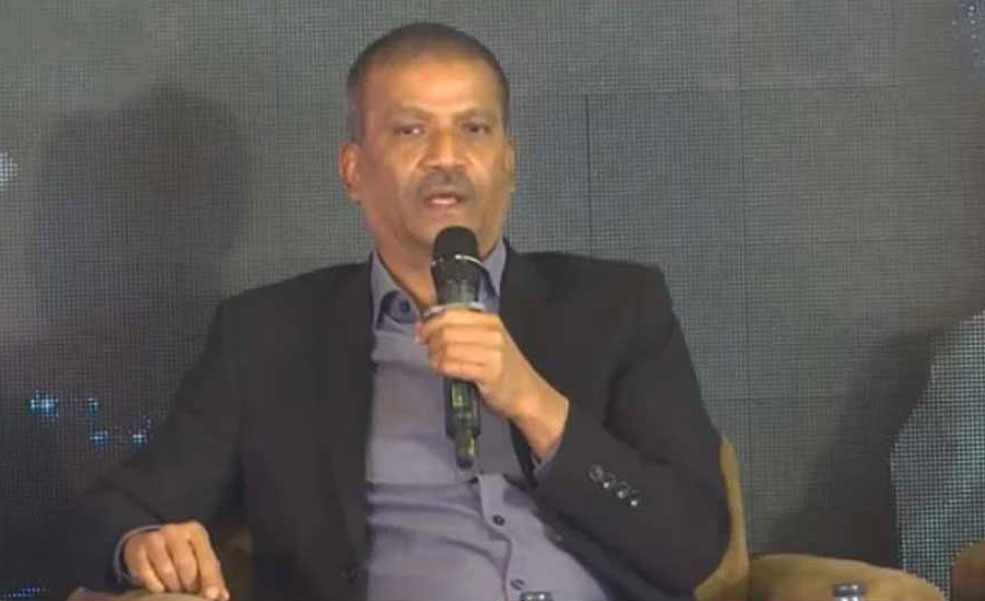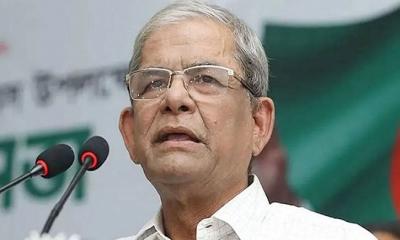The government aims to collect total revenue amounting to 11.2 per cent of GDP by the end of the 2025-26 fiscal, according to the Medium Term Macroeconomic Policy Statement (2023-24 to 2025-26) of the Finance Division under the Finance Ministry.
It said that Bangladesh has consistently maintained an expansionary fiscal stance keeping a moderate budget deficit—usually around 5 percent of GDP—to foster economic growth, reduce poverty, and improve social outcomes.
However, the tax-GDP ratio in Bangladesh is significantly lower than its peers and hence, the government has taken several initiatives to improve revenue collection.
Yet, it said, the fast pace of GDP growth has made it challenging to increase the ratio.
The measures that have been undertaken are expected to gradually improve revenue collection by increasing both the tax volume and the number of taxpayers.
The Statement said that the foremost objectives of the public expenditure policy are to stimulate private investment through building infrastructures and improving the business climate, creating employment opportunities, supporting low-income populations through social safety net programs, and reducing poverty through ensuring efficient redistribution of wealth and thus ensuring inclusive development.
With the advent of the Covid-19 outbreak, the government started to focus on saving lives while keeping the living standards from falling.
To do this, it mentioned, the Government emphasised retaining jobs, providing income support, keeping supply chains active, reviving the rural economy, and ensuring food supply.
For this, the government increased spending and implemented comprehensive recovery programs consisting of twenty-eight stimulus packages.
The stimulus efforts worked well and as a result, the economy returned to a high growth trajectory fast while other countries continued to struggle.
However, the Russia-Ukraine war has again posed considerable risks and to mitigate the risks the Government has been pursuing a policy to rationalise public expenditure to stimulate economic growth by inducing domestic productivity growth.
While managing the economy to maximise welfare and development, the government is expected to maintain a budget deficit of around 5 per cent of GDP over the medium term.
Historically, the size of public expenditure has been low relative to GDP in Bangladesh because of various limitations in the process of revenue collection and budget implementation.
To improve the situation, the government has undertaken certain strategies to increase public expenditure.
The target of increasing public expenditure has been set to around 16.2 per cent of GDP in FY 2025-26.
Moreover, the government is pursuing the Public Financial Management (PFM) reforms process to achieve this target.
To improve overall public service delivery, financial control of budget allocations, real-time monitoring of budget execution, and integration of recurrent and capital spending, implementation of the PFM Action Plan (2018-23) is ongoing, and revised PFM Reform Action Plan (2024-2028) has recently been formulated.
Under the PFM reforms, pension automation and E-challan automation systems have been introduced with the help of iBAS++ software.
This system continues to play a significant role in simplifying the budget management process. At the same time, all beneficiary programs are being brought under the Government to Person (G2P) payment system with the help of the iBAS++ software, which brings greater transparency in government expenditure management.
In addition, all government allocations from government institutions as well as all semi-government, autonomous, and state-owned enterprises, are being brought under the Treasury Single Account (TSA) through the iBAS++ system in the medium term.


